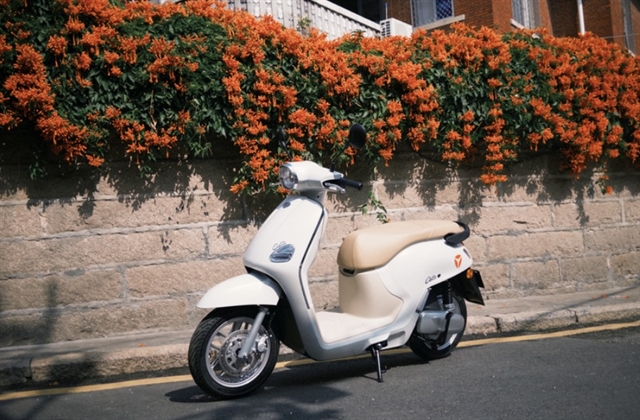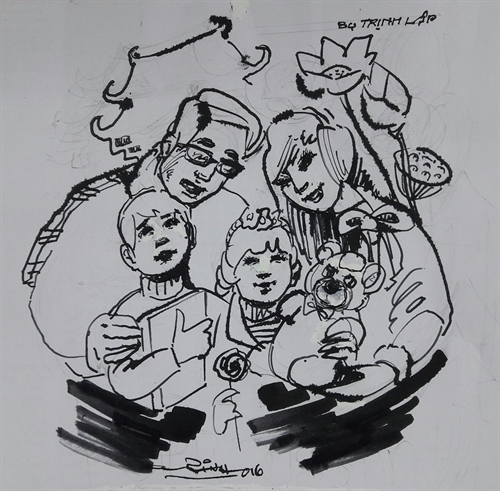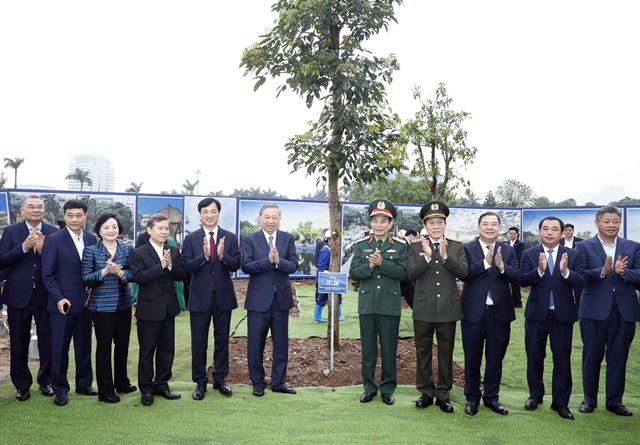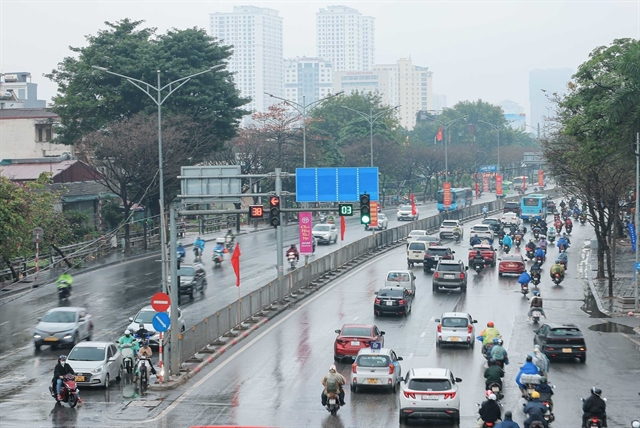 Talk Around Town
Talk Around Town

In 1968, the Beatles came out with a song called Can’t Buy Me Love. The idea that money, or material goods, doesn’t equal happiness has since become somewhat clichéd. But just because it’s a cliché, doesn’t make it less true.
 |
by Ruth Sinai
In 1968, the Beatles came out with a song called “Money Can’t Buy Me Love”. The idea that money, or material goods, doesn’t equal happiness has since become somewhat clichéd. But just because it’s a cliché, doesn’t make it less true.
In survey after survey, in country after country, when people are asked about the pinnacle of their aspirations – or, simply put, ‘what do you want’ – the answer is invariably ‘to be happy’. How happiness is defined is a different story. It varies among cultures, religions and nations.
A UK-based think tank called the New Economies Foundation has a definition that it has been promoting through something it calls “The Happy Planet Index” (HPI). Taking some 140 countries for which data is available, the index seeks to measure how well nations are doing at achieving long, happy, sustainable lives.
You may or may not be surprised that wealthy Western countries, often regarded as the epitome of success, do not rank highly on the recently released 2016 Happy Planet Index. The United States, for example, is ranked in 108th place. The United Kingdom – 38th. France – 44th. Germany – 49th.
So who’s at the top? The Central American state of Costa Rica, followed by Mexico, Columbia and Vanuatu. And in fifth place – and first in Asia – Việt Nam.
Viet Nam? A country ranked by the World Bank as “lower-middle income” – is far happier than the largest economy in the world? What’s wrong with this picture?
What’s wrong is that the world’s dominant measure of progress has for decades been economic. Economic indicators – Gross Domestic Product (GDP), economic growth – are modern-day deities. Attempts to challenge this concept – whether by Bhutan’s Gross National Happiness or the more conventional UN world development measurements – are generally dismissed as naïve or “well meaning, but…”
So what’s Việt Nam’s secret? Like the other top-ranked states on the list, it is considered to be achieving relatively high life expectancy and wellbeing for its 91 million residents - with a much smaller ecological footprint, defined as the average burden that each resident places on the environment.
“Việt Nam has a strikingly low ecological footprint … per head, almost 24 times smaller than nearby Hong Kong,” write the authors of the report. In fact, “Việt Nam is one of just three countries in the top ten Happy Planet Index rankings with an ecological footprint that is small enough to be considered environmentally sustainable.”
So is it just about the happiness of the planet?
Not at all. Wellbeing is defined in the report as how satisfied people feel with life overall, on a scale from zero to 10, based on data collected as part of the Gallup World Poll.
In terms of life expectancy, Việt Nam is doing pretty well, too. In 46th place (out of 140), its citizens are expected to live to an age of 75.5, on average. Life expectancy in the US, with all its state-of-the-art medicine and research, is not much higher – only 78.8.
And by the way, it’s possible to have both – environmental sustainability and long life. Spain, for example, achieves a life expectancy of 82, with half the ecological footprint of the United States’.
In other words, GDP growth on its own does not mean a better life for everyone, particularly in countries that are already wealthy. It does not reflect income inequality, and it does not measure what really matters to many people - intangibles like love, family and social ties, good health, leisure pursuits, work-family balance and more.
Costa Ricans have higher wellbeing than the residents of many rich nations, and live longer than people in the US. This is achieved with a per capita ecological footprint that’s just one-third the size of the US’. Costa Rica is a world leader in environmental protection, with 99 per cent of its electricity generated by renewable sources.
Interestingly, Việt Nam’s inequality of outcomes rating, which measures inequality in wellbeing and life expectancy scores within the country, is even better than that of Costa Rica. The explanation provided by the authors is that school enrolment is among the highest in the world at 98 per cent, and the number of colleges and universities continues to grow rapidly.
“The country has been hailed as a global poster child for poverty reduction - the number of people living in poverty fell from 58 per cent in 1993 to 10.7 per cent in 2010,” the report adds.
Countries like Việt Nam prove that high life expectancy and wellbeing are possible with a far lighter tread on the planet. They are far more efficient at providing their citizens with long, happy lives in terms of the resources they consume.
But, a word of warning. The report notes that as Việt Nam’s economy has grown, so has its impact on the environment – i e its ecological footprint. “Việt Nam faces important choices about its future. An industry-led development path similar to its richer neighbour, Malaysia, would likely see a massive increase in its per capita ecological footprint – bad news for sustainability in the region,” the authors caution.
The cautionary remark appears more than apt given several environmental disasters this year, the most serious of which was the discharge of toxic wastewater by Taiwan’s Formosa Plastics Corp from its Vietnamese steel plant that led to mass fish deaths across four coastal provinces, sparking unprecedented public protests.
Prime Minister Nguyễn Xuân Phúc told the Vietnamese parliament this week that the incident “must serve as a serious lesson about getting and managing foreign investment projects. It must not recur.”
And in plain words – he believes Việt Nam should strive to keep its people happy, and its host planet happy, as well. VNS




